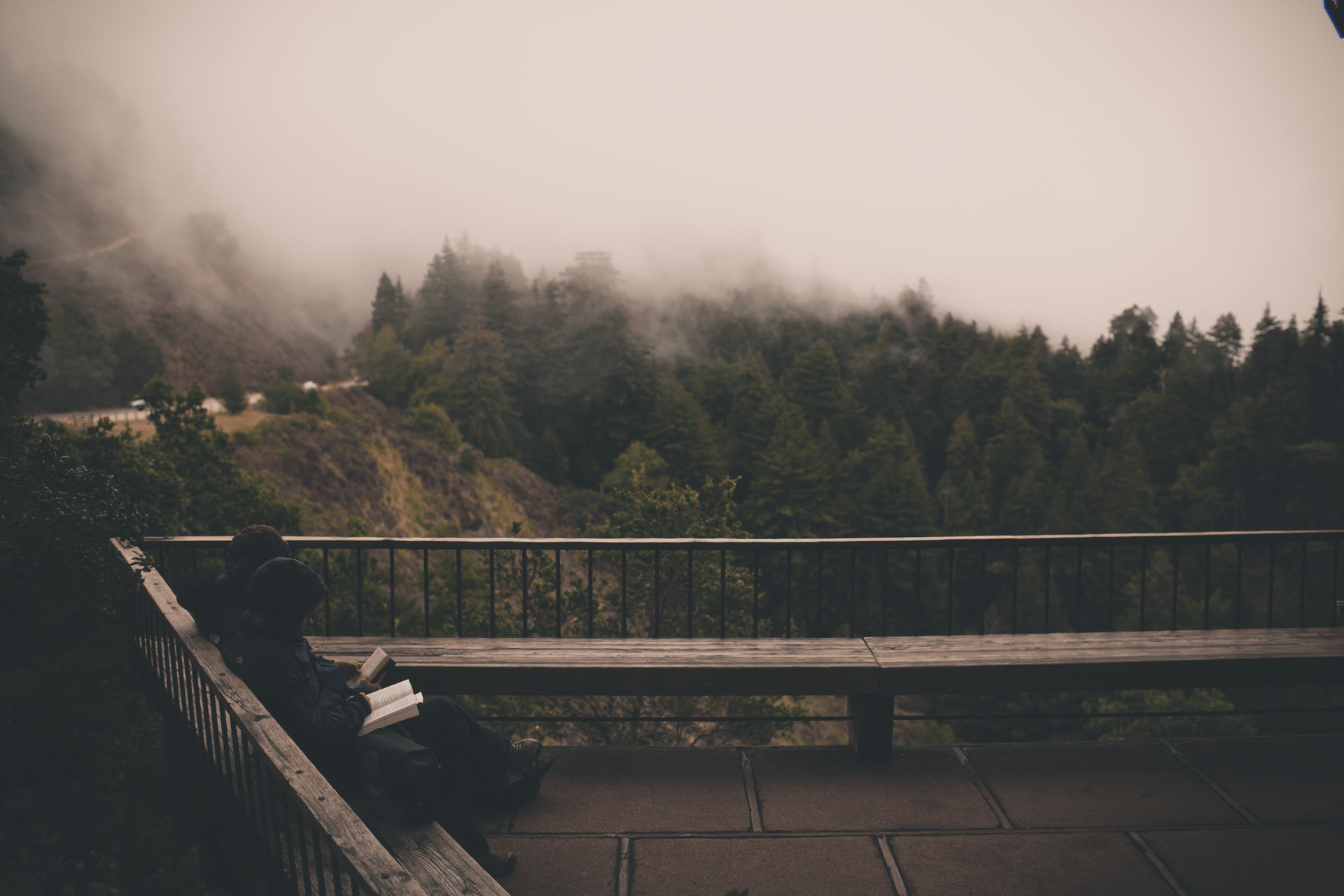It’s not so easy being sixteen. That’s what everyone was telling me as I ended my fifteenth year.
I received a letter on my sixteenth birthday from my homeroom teacher, referring me to the school counselor. The premise of her referral was approximately this: Roseanne is too quiet and does not interact enough with other students. As you can imagine, this was of major concern to my parents who are both from big, loud European families. Born and raised into a second generation migrant family with little to no academic background, I was the lone wolf in a pack full of extroverted, high achieving cousins who considered it weird that I would rather have my nose in a book than in someone else’s business.
At the age of 11, I declared to my evangelically religious family that I was in fact an atheist. Highly traditional, vaguely obsessive, my maternal grandparent’s house was full of Catholic iconography. A foreboding picture of the Last Supper hung over the dining table and 4 foot religious statues were scattered throughout the house (Jesus in the bathroom, Mary in the spare bedroom and Joseph in the Garage). One Summer my family went on holiday to Italy and came back with an entire suitcase stuffed with souvenirs from the Vatican, including a doily in the shape of St Francis of Assisi, which now resides in my grandparents living room. At Christmas time, my grandmother used to lay hundreds of cheap plastic animals under the Christmas tree to symbolize Noah’s menagerie, complete with a tiny wooden Arc. Needless to say, my parents reacted to my atheism by praying for me.
Throughout the next few years I discovered a passion for classic literature in a family that did not read. Born and raised into an Armenian working class family, my father has read exactly two books in his life: Harry Potter and the Order of the Phoenix and Dan Brown’s The Da Vinci Code. My mother even took a photograph of him reading the former to document the rare and momentous occasion. Despite this, I started to read constantly, frequently taking a book to family dinners so as to avoid making conversation.
At school, I spent lunchtimes reading in the library, sitting underneath a poster that said: “In ten years time it won’t matter what jeans you wore or what you’re hair looked like. What matters is what you learnt and how you used it”. For a while, I read my books in secret. Yet one novel led to two, and before I knew it I moved on to essays, religious criticism and questionable works of philosophical fiction (See: Ayn Rand’s The Fountainhead). For a while, this sustained me. Yet, when I took a copy of Tolstoy’s Anna Karenina to the after school book club, I was disheartened when majority ruled and it was decided we would read and review the twilight series instead.
During long car trips my father liked to play the only two C.D’s he owned, The Backstreet Boys’ ‘Backstreet’s back’ and Salt ‘n’ Peppers greatest hits. In contrast, my mother liked to play Pavarotti at high decibel levels whilst she was cleaning or cooking Lasagna, Ravioli, or Veal Scallopini. I had been listening to bands like The Cure, The Smiths and Bikini Kill since my early teens and inspired by the likes of Kathleen Hanna, I decided to form a Riot Grrrl band at my all-girls catholic High School. When the girls who showed up auditioned with Christina Aguilera songs, I decided to move to a public school.
Whilst I spent the majority of my adolescence with no one to talk to, on my first day at my new school, I found myself sitting next to a guy with too many facial piercings and a The Cure t-shirt underneath his school uniform. I managed to impress him with my knowledge of The Cure’s discography, as having nothing in common with anyone as a teenager, I spent countless hours listening to and deconstructing their song lyrics, sprawled out on the school lawn when I really should have been in Maths class. That boy and I have been best friends ever since. For a while I resented being different but in those moments I realized that weirdness is not something you grow out of, it’s something you grow into.
